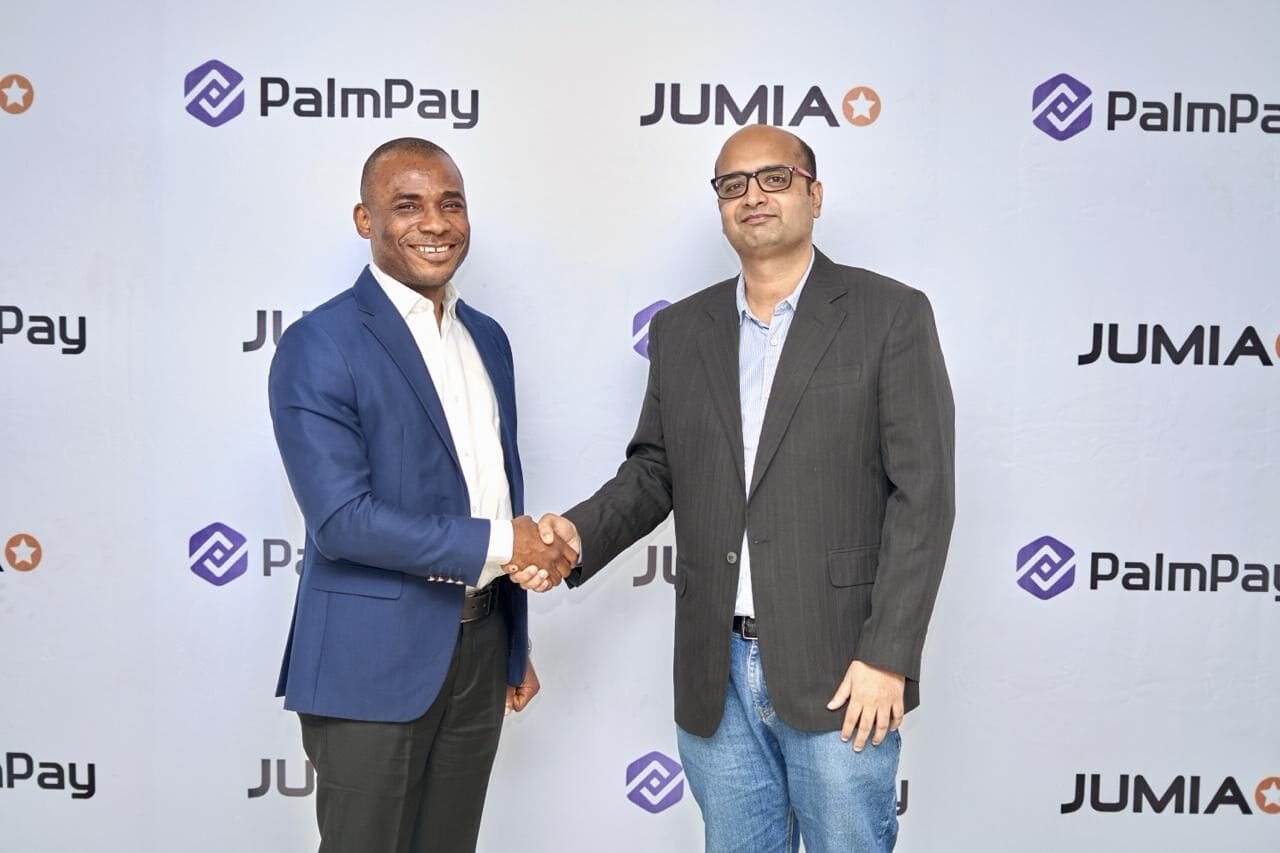Nigeria’s digital economy is growing at an unprecedented pace, with Nigeria digital payments leading the charge. Recent reports from the Central Bank of Nigeria reveal that internet transfers made up 51.91% of all electronic transactions in the first half of 2024.
This trend underscores the increasing adoption of cashless payment methods nationwide. One of the latest advancements in this space is the partnership between Jumia, one of Africa’s largest online marketplaces, and PalmPay, a leading Nigerian fintech.

Together, they aim to simplify the online shopping experience for millions by enabling payments directly through PalmPay wallets.
How Jumia and PalmPay Simplify Digital Transactions
Under this collaboration, users can now bypass traditional card payment methods like Verve or MasterCard and instead pay directly through PalmPay wallets.
This shift reduces transaction fees—often 2-3% for card payments—and makes e-commerce more affordable for Nigerians.
Why This Matters for Nigeria Digital Payments Growth
The new payment method addresses two key challenges:
- High Transaction Fees: With the government imposing a ₦50 levy on fintech transactions over ₦10,000, affordable alternatives like PalmPay are essential.
- Convenience and Efficiency: Consumers can now complete transactions quickly and securely without switching between multiple apps or payment platforms.
PalmPay-Jumia Partnership: A Milestone in Nigeria Digital Payments
This partnership comes at a critical moment in Nigeria’s fintech landscape.
PalmPay’s deep market integration and Jumia’s vast user base could redefine the way Nigerians shop online. With seamless payments, zero transfer fees, and enhanced security, the collaboration is poised to set a new benchmark for digital payments in the country.





